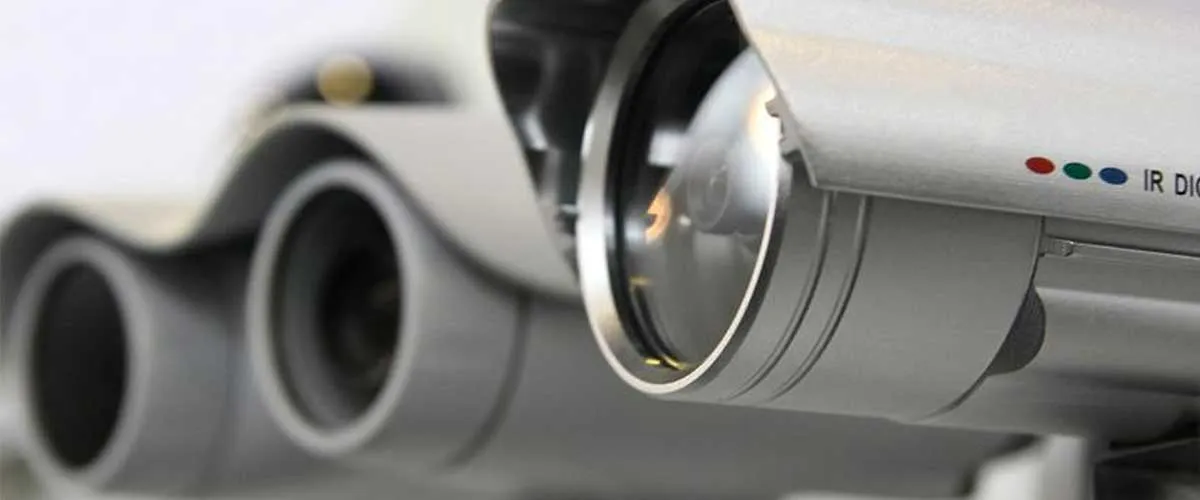Sustainability in security refers to adopting environmentally responsible practices, reducing resource consumption, and promoting social well-being while ensuring effective security measures.
As a crucial aspect of facilities management, security plays a significant role in contributing to a sustainable future. Here are some key aspects to consider for improving your sustainability in security credentials:
Green Technology and Innovation:
Embrace advanced and eco-friendly technologies for security operations, such as energy-efficient surveillance systems, sustainable access control methods (e.g., biometrics), and smart sensors that optimize resource usage.
Reduced Environmental Impact:
Implement strategies to minimise the environmental footprint of security operations. This includes reducing paper usage by adopting digital solutions, promoting energy-efficient lighting, and minimising water consumption.
Sustainable Procurement:
Source security equipment and materials from environmentally conscious suppliers. Prioritize products with sustainable certifications and consider refurbishing or reusing equipment when feasible.
Waste Management:
Develop effective waste management practices to responsibly dispose of electronic waste and other materials generated during security operations.
Eco-Friendly Transportation:
Transition to electric or hybrid vehicles for security patrols to reduce carbon emissions and air pollution.
Community Engagement:
Engage with local communities in a positive and supportive manner. This can include employment initiatives, educational programs, and social projects that uplift the community.
Employee Training and Awareness:
Train security staff in sustainability practices and encourage active participation in reducing environmental impact.
Green Certifications and Compliance:
Seek green certifications, such as ISO 14001, to demonstrate a commitment to environmental responsibility and compliance with sustainability standards.
Biodiversity Protection:
Implement measures to protect and enhance biodiversity in and around the areas where security operations are conducted.
Energy Efficiency:
Optimize energy usage in security facilities through the use of energy-efficient lighting, heating, ventilation, and cooling systems.
Carbon Footprint Reduction:
Conduct regular assessments of the carbon footprint of security operations and develop strategies to reduce emissions.
Social Responsibility:
Focus on the safety and well-being of employees and stakeholders, ensuring fair labour practices, diversity, and inclusion.
Sustainability in security aligns with environmental and social responsibilities and enhances the reputation and credibility of security providers. By integrating sustainable practices into their operations, security companies can lead towards a safer, greener, and more socially responsible future. As the world increasingly emphasizes sustainability, security must adapt to play its part in safeguarding the environment and the communities it serves.












